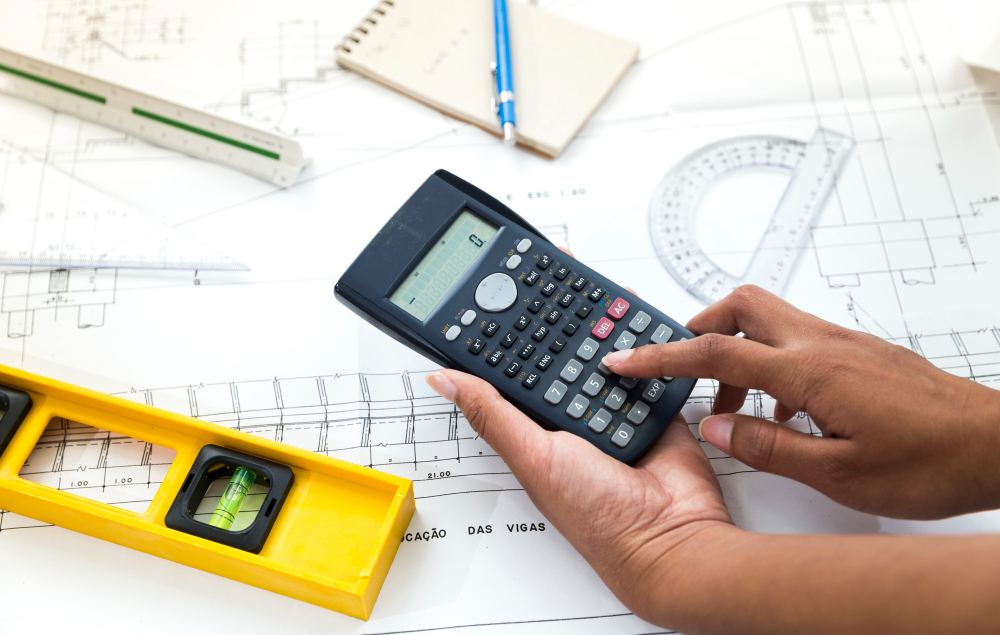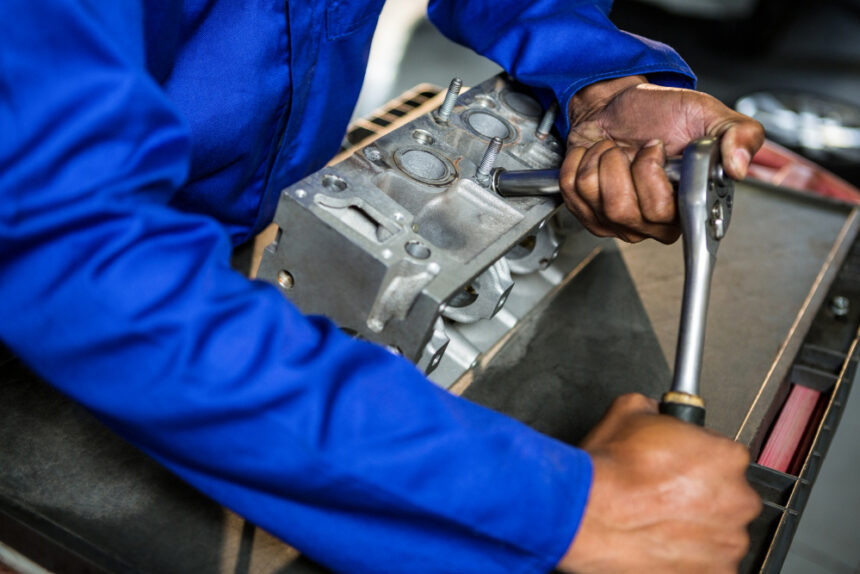Your car’s transmission is one of the most vital components of the entire vehicle. It ensures that power from the engine is transferred smoothly to the wheels, allowing for proper acceleration, fuel efficiency, and overall performance. When the transmission fails, driving becomes not only difficult but also unsafe. That’s why transmission repair is such a crucial topic for car owners who want to maintain reliability and avoid sudden breakdowns.
Many people often underestimate the complexity of this component until a problem arises. Unlike a simple oil change or brake pad replacement, transmission repair requires expertise, precision, and often a significant financial investment. Costs can vary depending on whether you need a minor repair, a rebuild, or a complete replacement. Understanding these costs upfront can help you plan, budget, and make informed decisions about your car’s future.
In this guide, we’ll explore everything you need to know about professional transmission replacement, rebuilds, and cost estimates. Whether you drive an automatic, manual, or CVT (continuously variable transmission), knowing what goes into transmission repair can save you time, money, and stress in the long run.
What Is Transmission Repair?
Transmission repair refers to any service or procedure that restores the proper function of your vehicle’s transmission system. This may involve replacing worn parts, fixing leaks, repairing electrical issues, or in more serious cases, rebuilding or replacing the entire unit.
Unlike standard car maintenance, transmission repair is a highly specialized process. Mechanics often need advanced diagnostic tools to identify the root cause of the problem. For example, slipping gears, delayed shifting, strange noises, or transmission fluid leaks could all signal very different issues. Some may require minor adjustments, while others may point to a failing system.
Because the transmission is such a complex mechanical and electronic system, repairs can be labor-intensive and costly. However, investing in transmission repair early on is always cheaper than waiting for the system to fail completely.
Common Signs You Need Transmission Repair
Recognizing early warning signs can help you avoid a total transmission breakdown. Here are some of the most common indicators:
- Slipping Gears – If your vehicle unexpectedly changes gears while driving, it’s a clear sign of trouble. This not only affects performance but can also create safety hazards.
- Unusual Noises – Grinding, whining, or clunking sounds during gear shifts are often associated with failing transmission parts.
- Delayed or Rough Shifting – If your car hesitates before engaging a gear, or shifts with a jolt, you may need immediate transmission repair.
- Leaking Fluid – Transmission fluid is usually bright red or pink. If you notice puddles under your car, it’s time to visit a mechanic.
- Check Engine Light – Many drivers ignore this warning, but it can often point to transmission-related issues detected by your car’s onboard computer.
Ignoring these symptoms can turn a manageable repair into a full rebuild or replacement. Addressing problems early ensures lower costs and longer vehicle life.
Transmission Repair vs. Rebuild vs. Replacement
When mechanics diagnose your vehicle, they’ll typically recommend one of three solutions: repair, rebuild, or replacement.
- Transmission Repair: This usually means fixing specific components like seals, sensors, solenoids, or the valve body. It’s the least expensive option if the damage is minimal.
- Transmission Rebuild: A rebuild involves disassembling the transmission, cleaning and inspecting every part, replacing worn components, and reassembling it. This restores your transmission to near-new condition.
- Transmission Replacement: If the damage is beyond repair, a complete replacement may be necessary. This could involve installing a brand-new transmission or a remanufactured unit.
Choosing between these options depends on the extent of the damage, the age of the vehicle, and your budget. A trusted mechanic can provide a detailed cost estimate for each choice.
Average Cost of Transmission Repair
The cost of transmission repair can vary widely. For minor fixes, such as replacing sensors or resealing leaks, you might pay between $150 and $500. Labor costs also play a significant role since transmission work is often time-consuming.
If the issue is more complex, such as replacing a torque converter or repairing the valve body, you could be looking at $500 to $1,500. These repairs typically involve both parts and intensive labor.
The important thing to remember is that early intervention saves money. Small transmission repairs may seem inconvenient, but they’re far more affordable compared to rebuilds or replacements.
Transmission Rebuild Cost Estimate
A transmission rebuild is a middle-ground solution between minor repairs and full replacement. On average, a rebuild costs anywhere from $1,500 to $3,500, depending on the make and model of your vehicle. Luxury cars and trucks with heavy-duty transmissions may even cost more.
During a rebuild, mechanics remove the transmission, disassemble it, clean all the parts, replace worn components like clutches and bands, and then reassemble it. This process restores most of the original functionality at a lower cost than replacement.
Although a rebuild is costly, it’s often worth the investment if your car is still in good overall condition. You essentially extend the life of your transmission without paying for a brand-new unit.
Transmission Replacement Cost Estimate

Replacing a transmission is the most expensive option, with costs ranging from $3,000 to $7,000 or more. New transmissions are typically the costliest, while remanufactured or rebuilt ones may save you some money.
When calculating the total, keep in mind that labor charges for removing and installing a transmission can run into the thousands. Additionally, luxury vehicles, trucks, and cars with advanced CVTs tend to be more expensive to service.
Despite the high cost, a replacement may be the best choice if your transmission is completely worn out or if your vehicle has extremely high mileage. Some car owners even choose replacement to ensure long-term reliability and avoid repeated repairs.
Factors Affecting Transmission Repair Costs
Several factors influence the final bill for transmission repair. These include:
- Type of Transmission: Manual transmissions are generally cheaper to repair than automatic or CVTs.
- Vehicle Make & Model: Luxury and imported vehicles often require specialized parts and labor, raising costs.
- Extent of Damage: Minor issues like fluid leaks are inexpensive, but internal damage can be costly.
- Labor Rates: Depending on where you live, labor costs can vary significantly. Urban areas usually have higher rates.
- Parts Availability: Some parts may be harder to source, especially for older or discontinued models.
Understanding these variables can help you plan and budget realistically for transmission repair.
How to Save Money on Transmission Repair
While transmission work is costly, there are ways to reduce expenses:
- Regular Maintenance – Schedule fluid changes and inspections to catch issues early.
- Get Multiple Estimates – Don’t settle for the first quote. Compare pricing from different mechanics.
- Consider Used or Rebuilt Parts – These are often cheaper than brand-new components.
- Warranty Coverage – Check if your car’s warranty or extended service plan covers transmission repair.
- Choose an Honest Mechanic – A reliable shop will recommend only what’s necessary.
By being proactive, you can cut down the long-term cost of ownership and avoid emergency repairs.
DIY Transmission Repair: Is It Worth It?
Some car enthusiasts wonder if they can handle transmission repair themselves. While minor tasks such as topping up transmission fluid or replacing external sensors can be DIY-friendly, most repairs are too complex for beginners.
Transmissions are highly intricate systems involving hydraulic, mechanical, and electronic components. Without the proper tools and expertise, DIY repairs can cause more harm than good. In fact, many professional mechanics won’t even attempt to repair a transmission without specialized equipment.
For most drivers, the safest and most cost-effective choice is to rely on professionals for anything beyond basic maintenance.
Should You Repair, Rebuild, or Replace?
Deciding between repair, rebuild, or replacement depends on your budget, your car’s age, and your long-term goals.
- If the car is relatively new with minor issues, a simple repair makes sense.
- If the car is in good shape but has major transmission problems, a rebuild can be a smart investment.
- If the car is very old with high mileage, replacement may not be worth it, and upgrading to a newer vehicle might be the better option.
Ultimately, the choice comes down to cost-benefit analysis. Compare the cost of transmission repair with the resale value and overall condition of your vehicle.
Preventing Costly Transmission Repair
The best way to save on repairs is to prevent them in the first place. Here are a few maintenance tips:
- Check your transmission fluid regularly and replace it when needed.
- Avoid aggressive driving habits such as rapid acceleration and hard braking.
- Service your vehicle according to the manufacturer’s schedule.
- Install a transmission cooler if you tow heavy loads frequently.
- Don’t ignore warning signs like slipping gears or fluid leaks.
By maintaining your transmission properly, you can extend its lifespan and reduce the chances of expensive breakdowns.
Conclusion: Plan Ahead for Transmission Repair
Transmission repair is one of the most significant expenses car owners may face. While costs vary depending on whether you need minor repairs, a rebuild, or a full replacement, being informed helps you prepare financially.
Ignoring early warning signs often leads to higher expenses, while proactive maintenance can save thousands. Whether you choose to repair, rebuild, or replace, always seek professional advice and compare estimates before making a decision.













